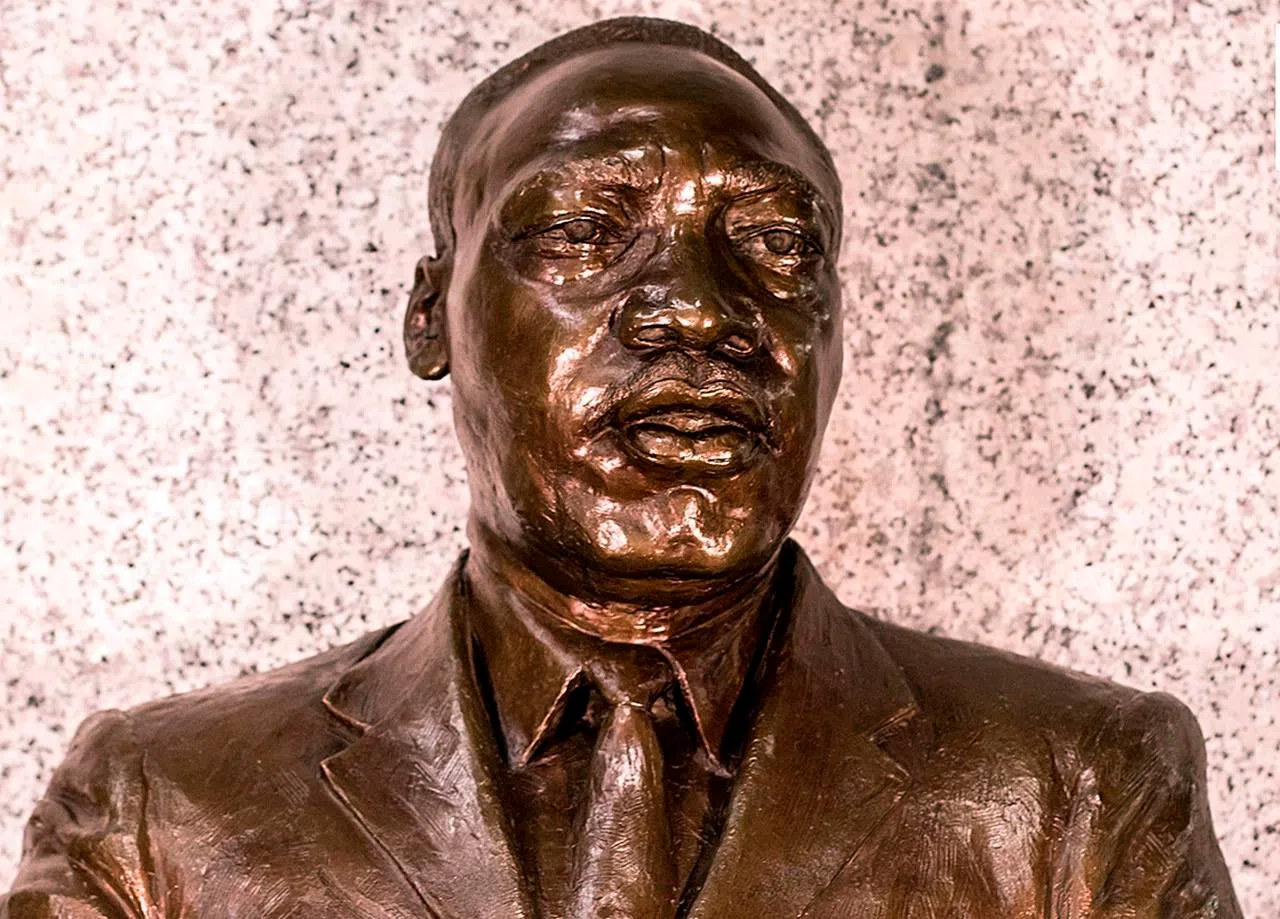
Martin Luther King Jr.’s work still resonates across Africa
KAMPALA, Uganda — Streets. Schools. A bridge in Burkina Faso. The name of the Rev. Martin Luther King Jr. can be found across Africa, a measure of the global influence of the American civil rights leader who was shot dead 50 years ago after speaking out against injustices at home and abroad.
A school for poor children that is named after King in Uganda’s capital, Kampala, took as its motto, “Have a Dream,” borrowing a line from one of King’s most famous speeches.
“Martin Luther King stood for human rights and equality, so we wanted a way of inspiring and motivating our students,” said Robert Mpala, the school’s founder.
In rural Liberia, a West African nation founded by freed American slaves, one official spoke proudly of a privately owned Martin Luther King School. “Martin Luther King was a great man. We still follow his dream,” said J. Maxime Bleetahn, director of communications at the Ministry of Education.


